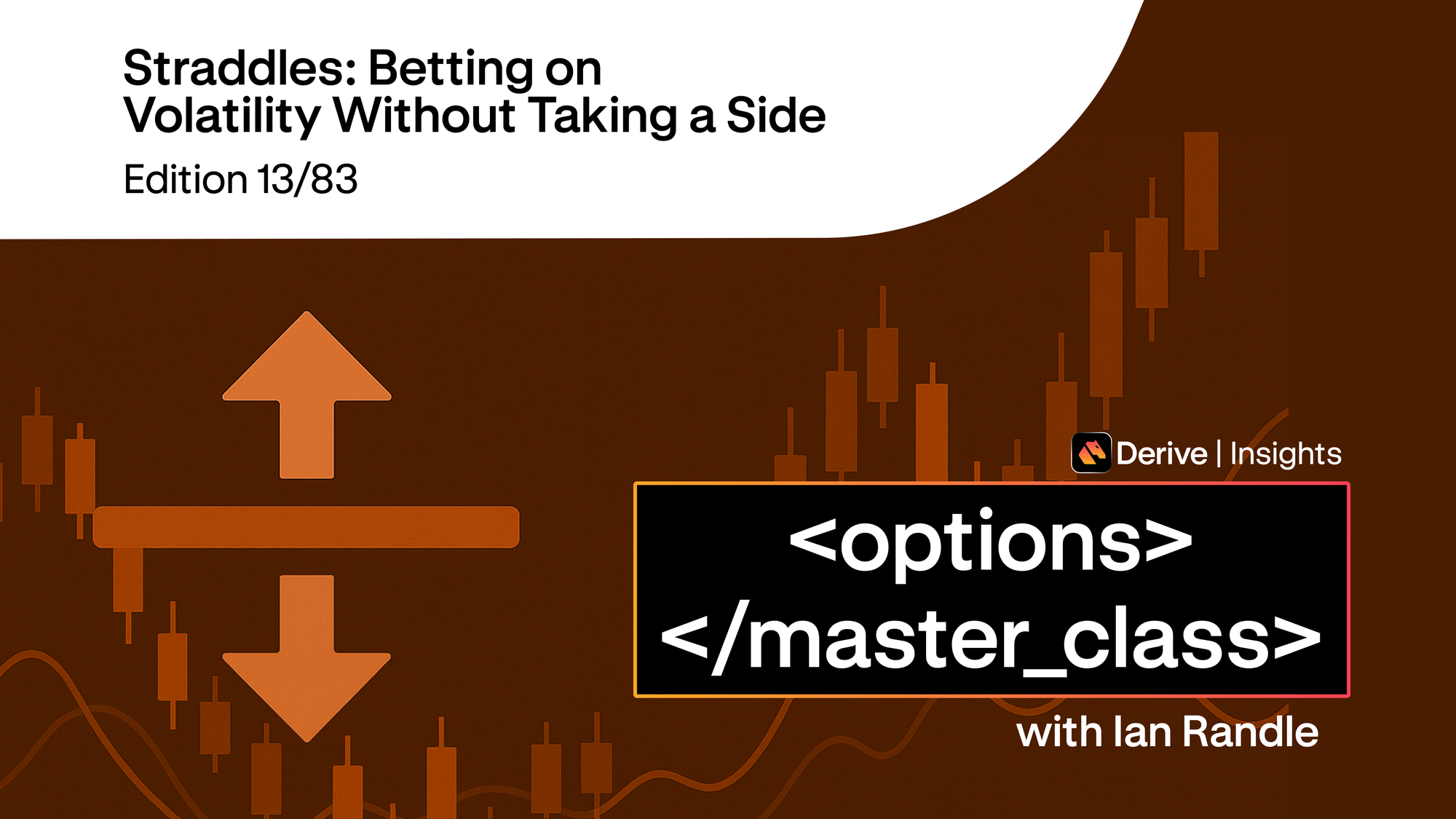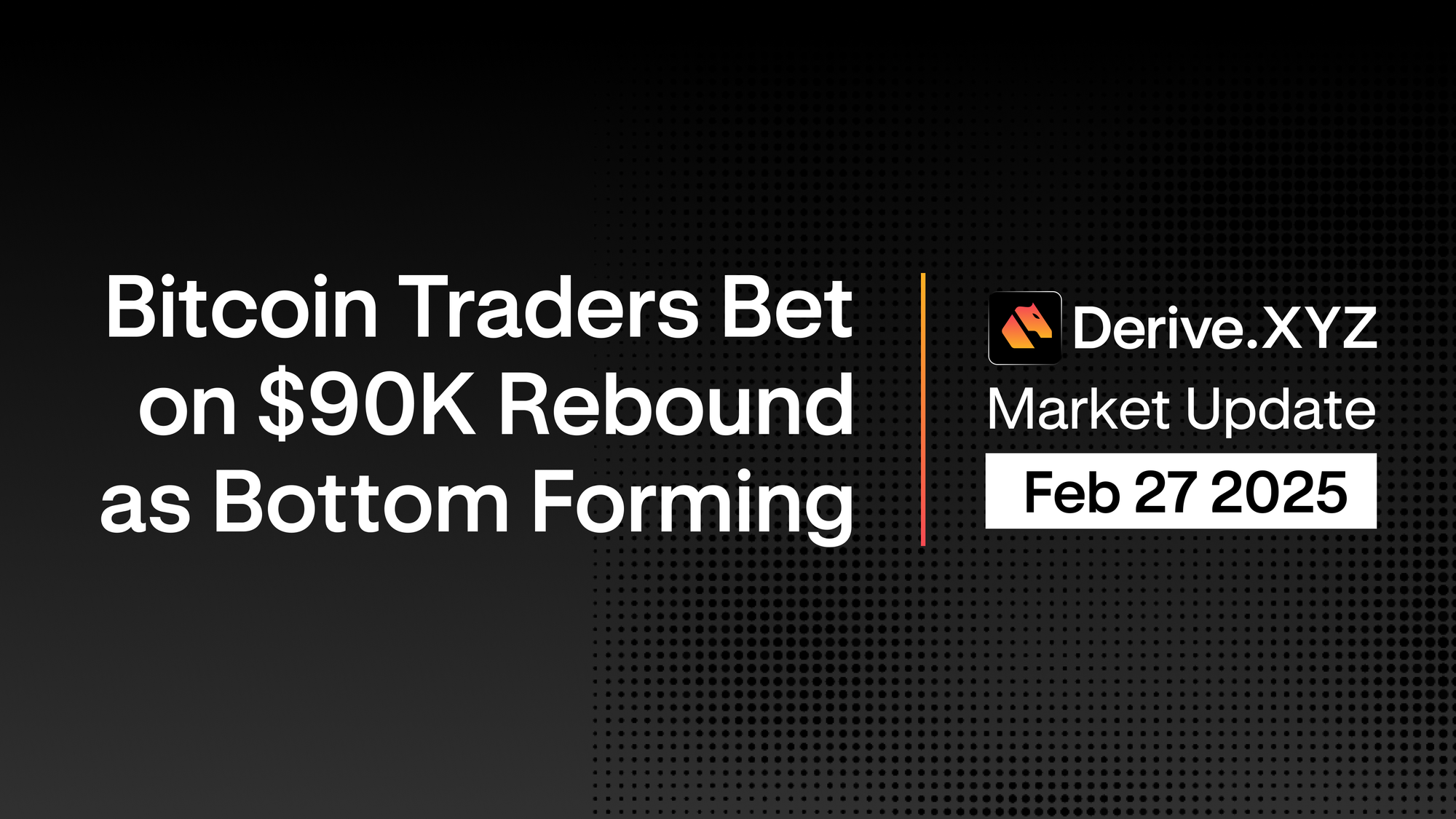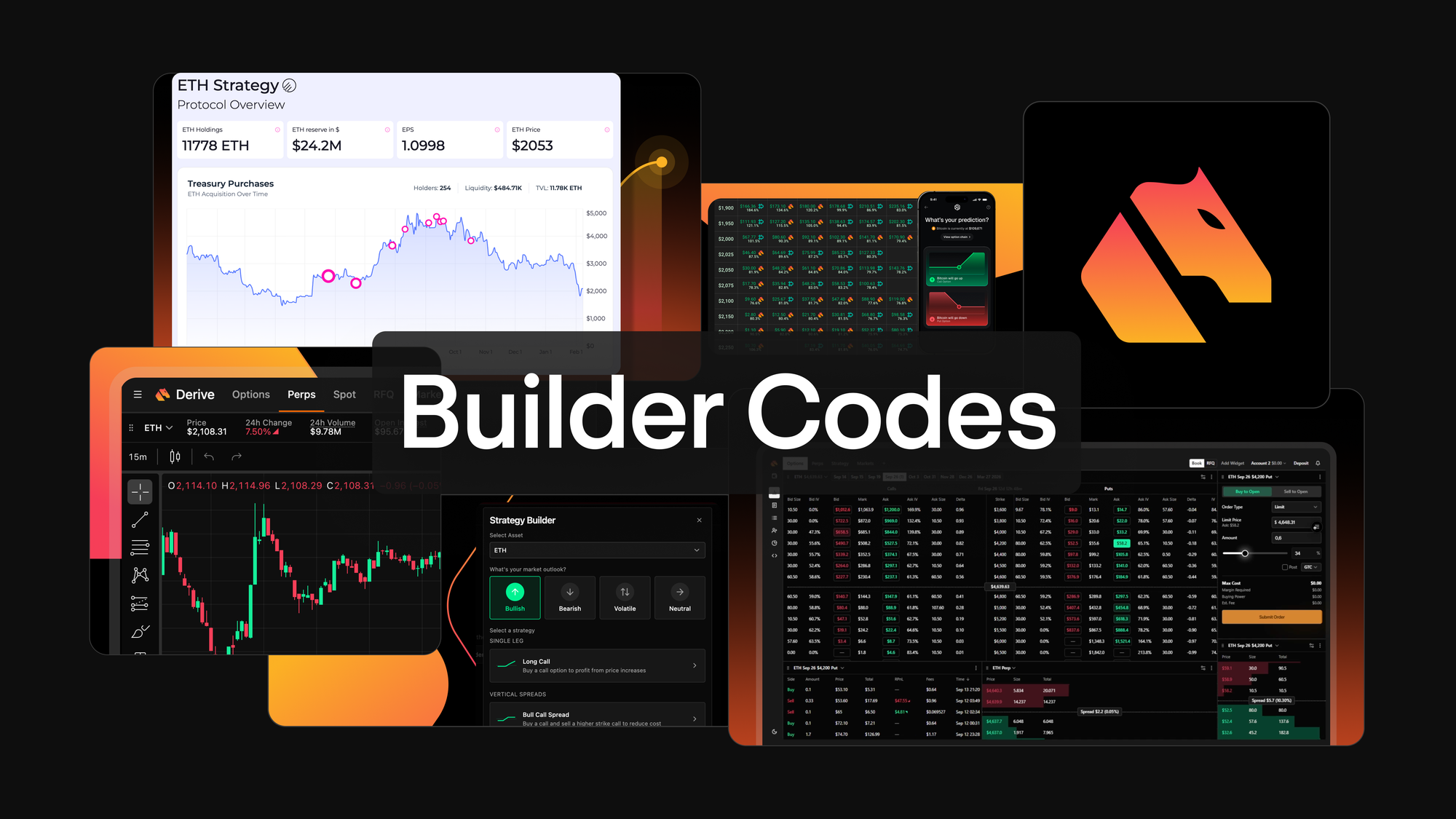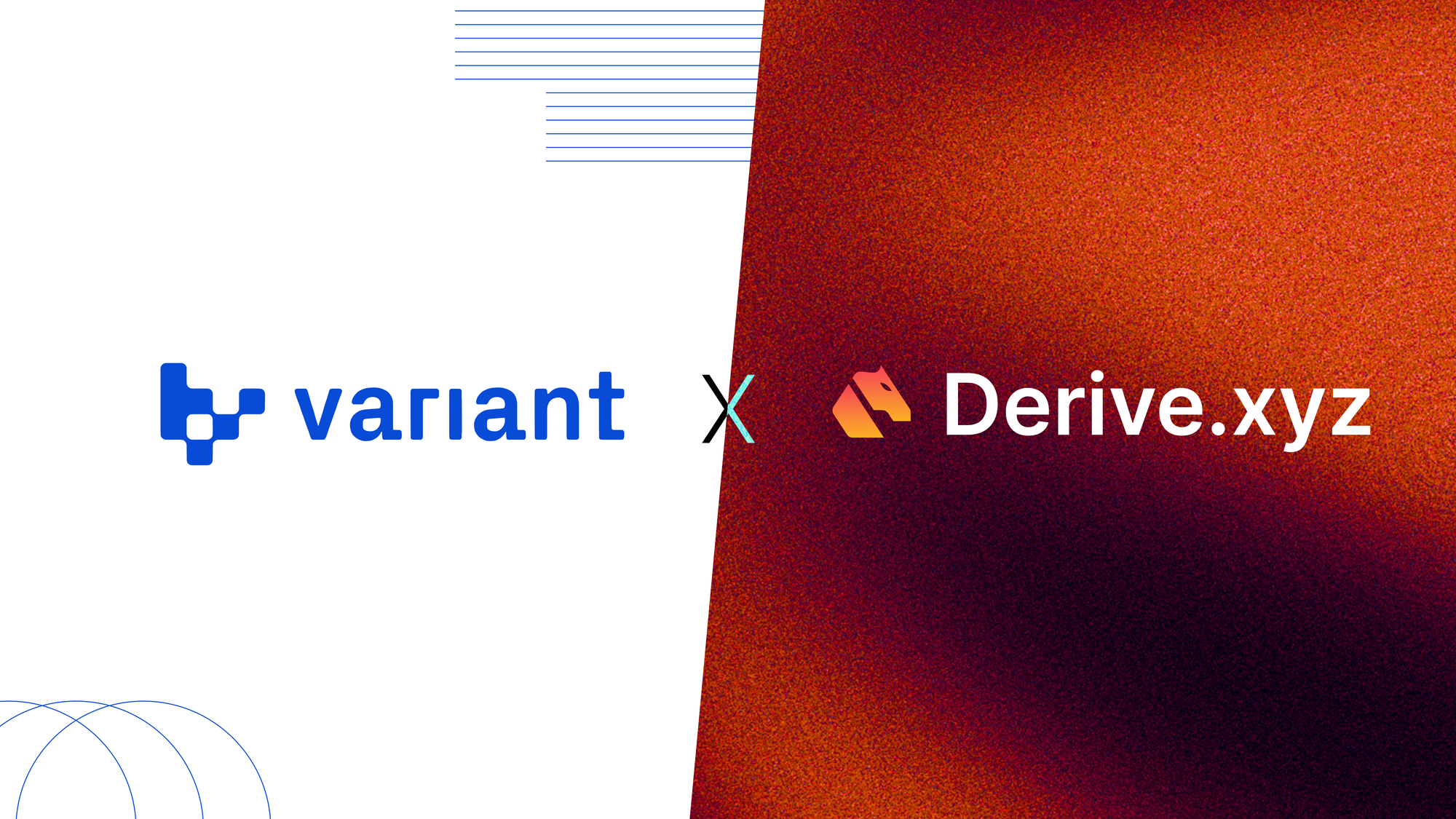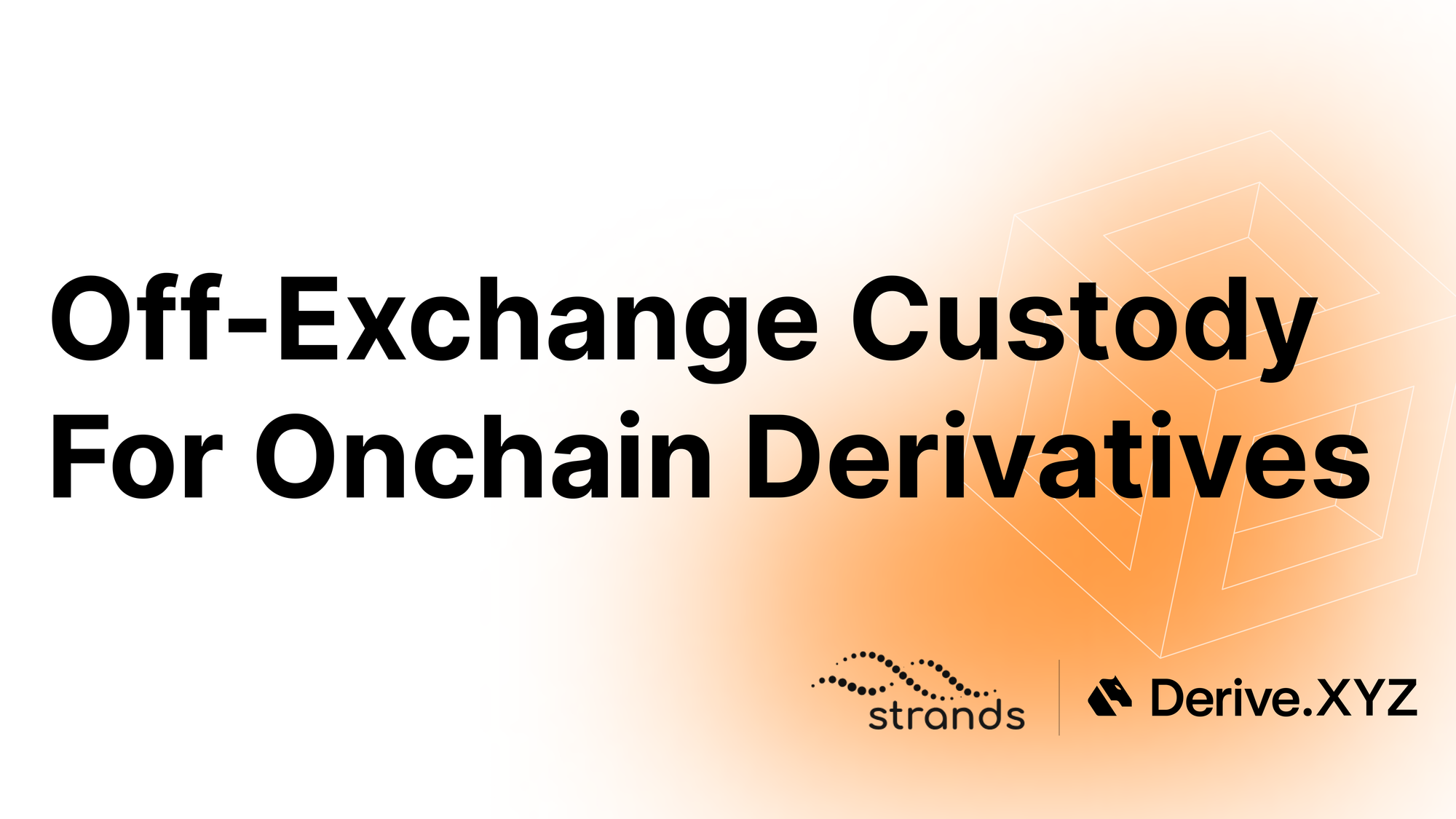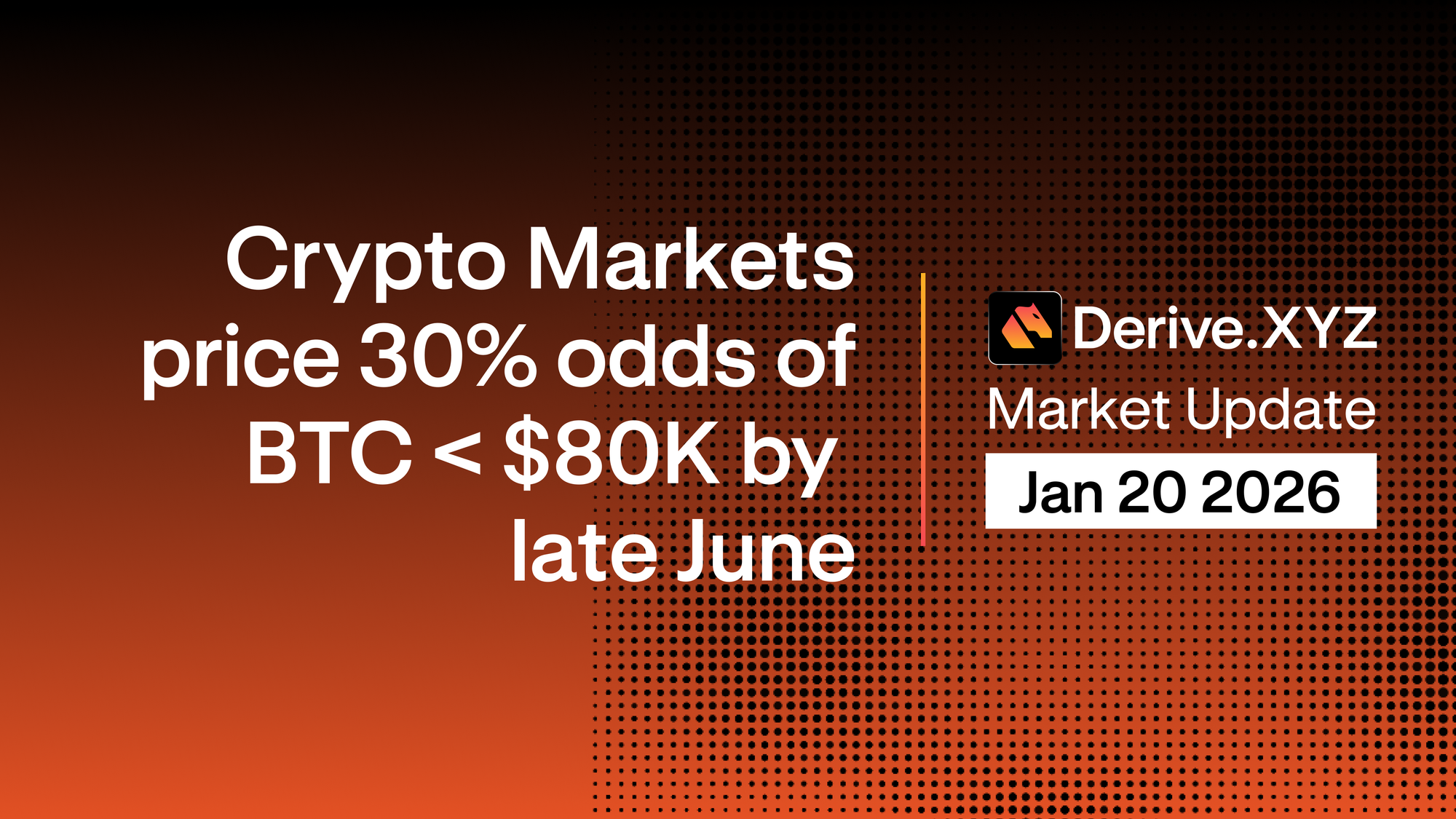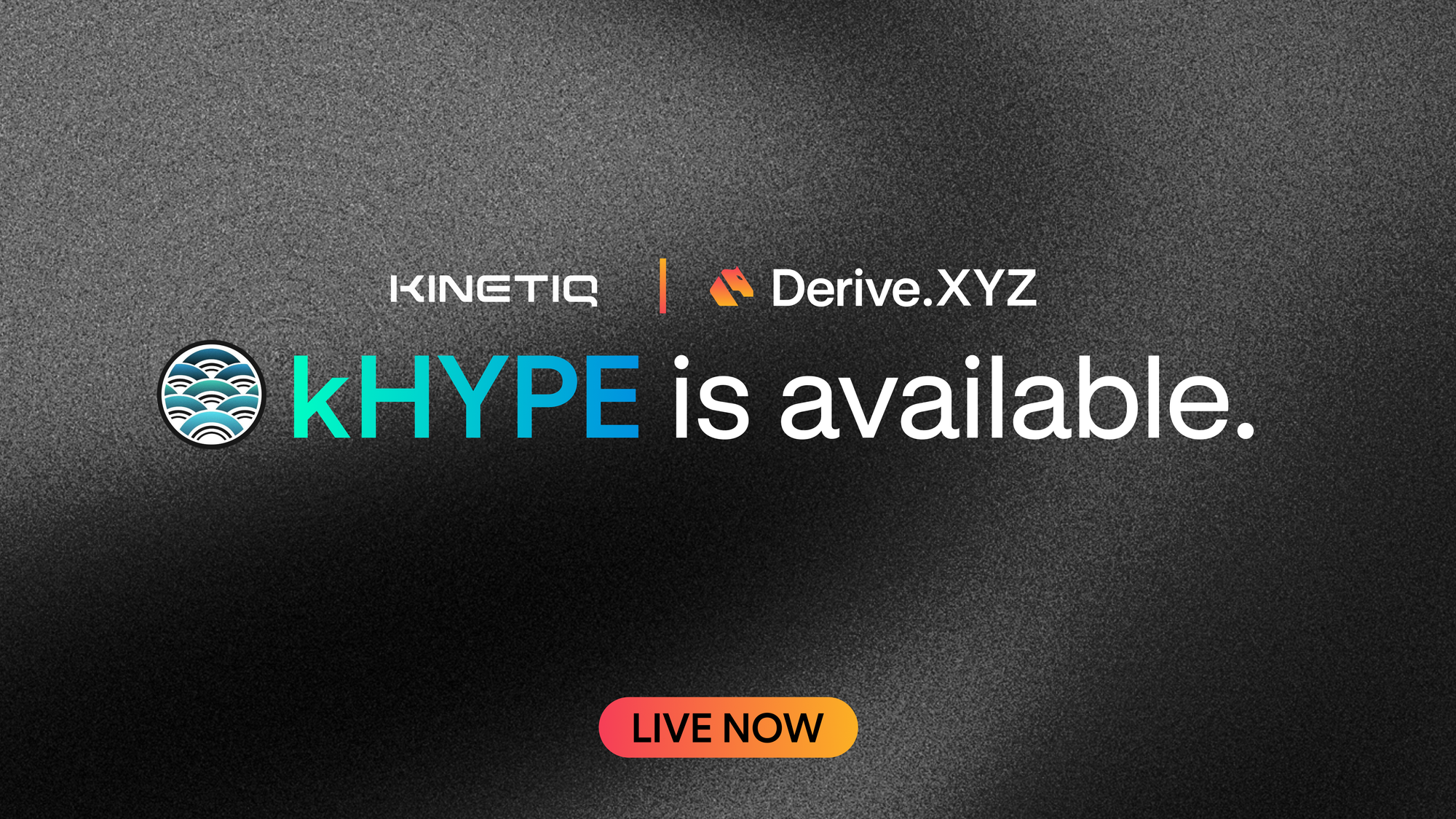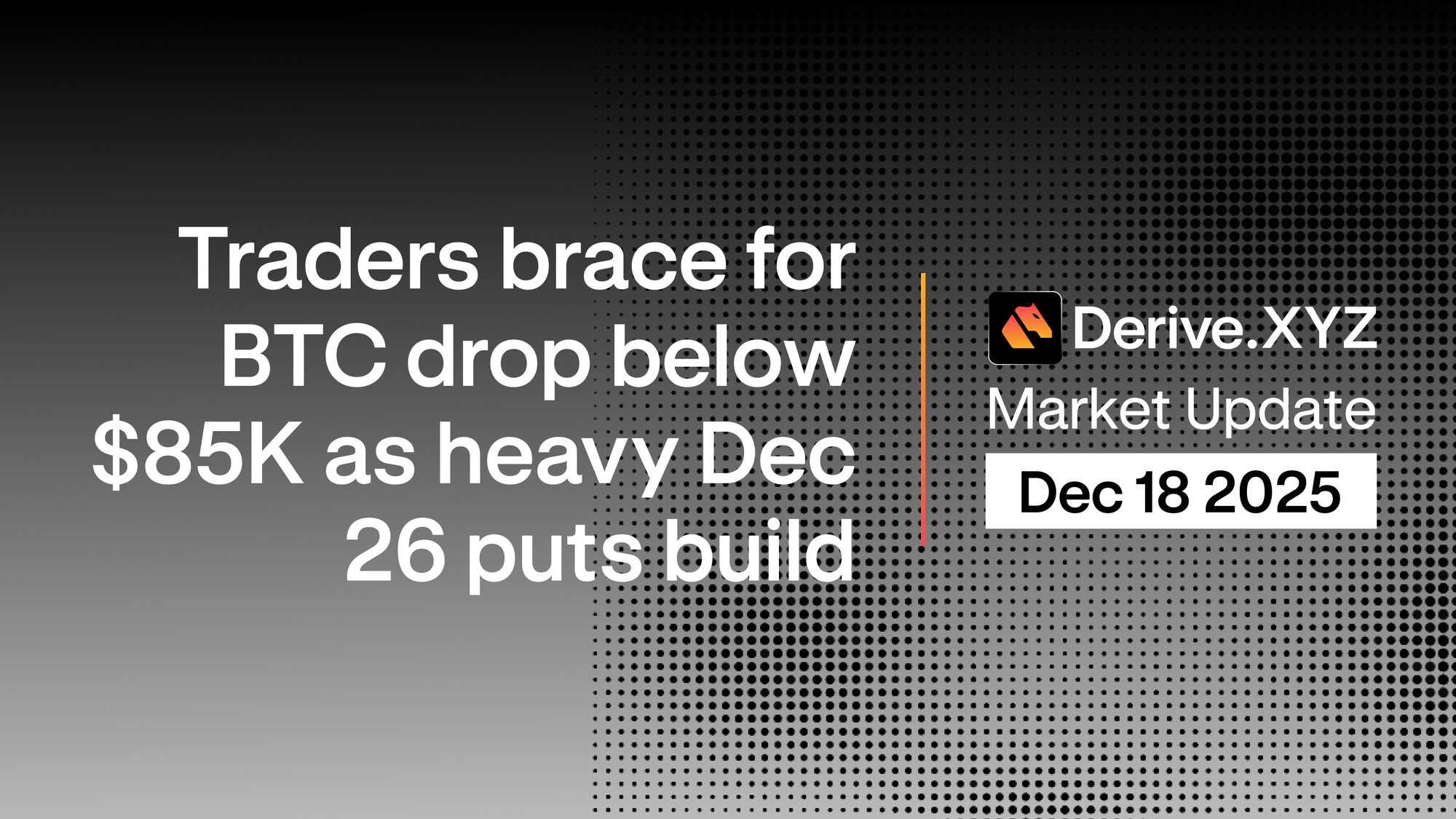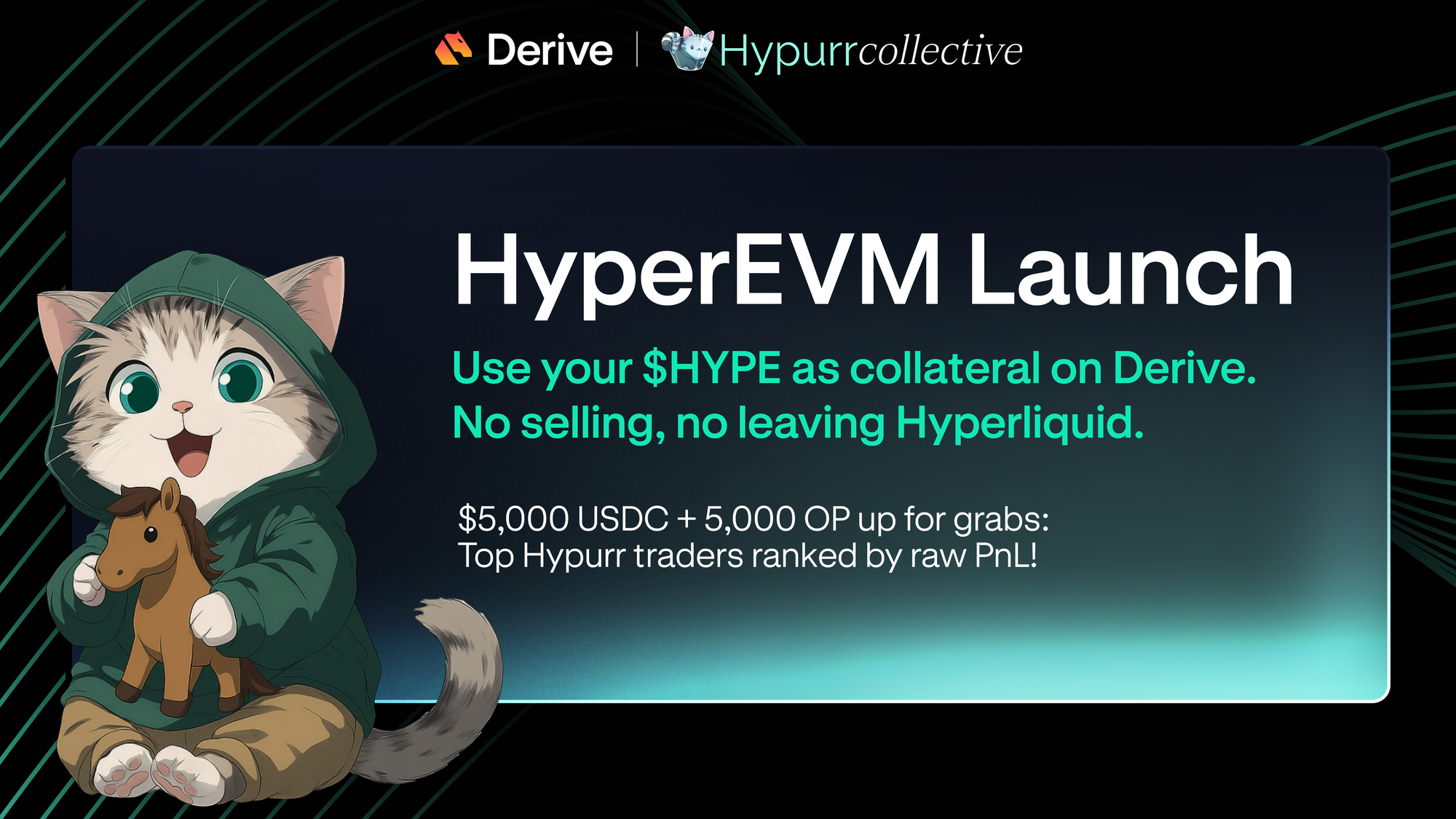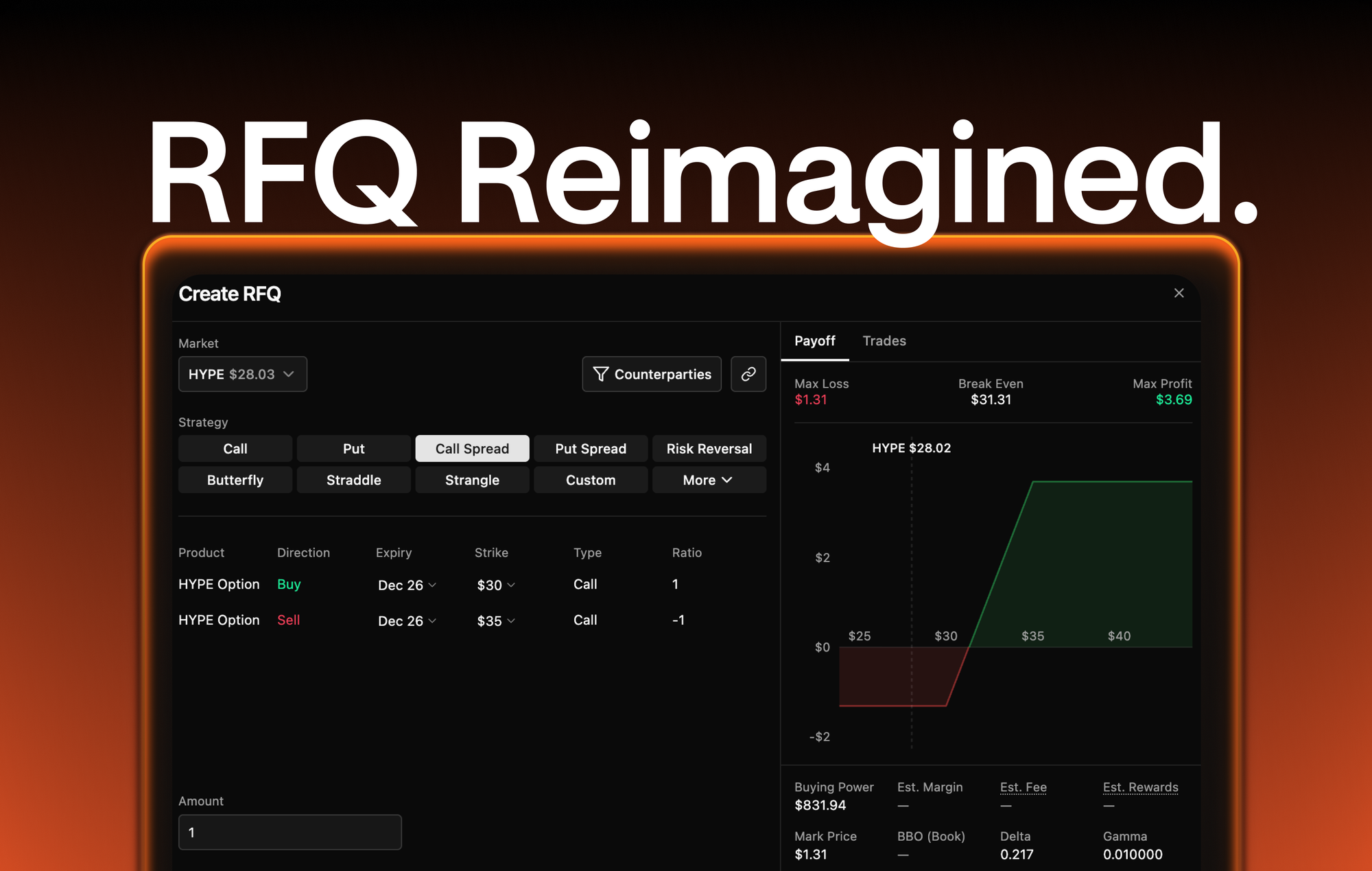When you do not know where the market is going, but you are sure it will move.
Most people think of options as directional tools.
Bullish? Buy a call.
Bearish? Buy a put.
But what if you are not sure which direction the market will move, only that it will move?
That is where straddles come in.
What Is a Straddle
A straddle is a two-leg strategy where you:
- Buy a call and a put
- Same strike
- Same expiry
- On the same underlying asset
You are not betting on up or down.
You are betting on movement, and that volatility will exceed the market’s expectations.
Long Straddle
- Buy a call and a put at the same strike
- Total premium paid is your maximum loss
- Unlimited upside if price breaks sharply in either direction
- Breakeven points are strike price plus or minus the total premium paid
This is a volatility play, not a directional trade.
It works best when:
- Big news is expected
- Volatility is underpriced
- The asset is poised to break out of a tight range
Why Use a Straddle
- You want to express a view on volatility
- You believe the market is mispricing future movement
- You want unlimited upside either way, with fixed risk
It is a higher-cost trade because you are buying two options.
But it gives you exposure to volatility without guessing the direction.
On Derive
- Open the trade tickets for a call and a put at the same strike
- Use a subaccount to track them together
- Monitor Greeks and payoff live
- Watch how changes in volatility or price impact the value of each leg
Derive makes non-directional strategies easy to analyze and manage.
Your Action Today
- Pick a strike near the current BTC or ETH price
- Build a long straddle by selecting both a call and a put with the same expiry
- Calculate the total cost and the breakeven range
- Think about what kind of move would make the trade profitable
Tomorrow, we will explore strangles, which offer similar exposure with a lower cost and wider range.
Coming tomorrow:
Day 14 – Strangles: Cheaper Volatility Bets with Breathing Room
Hasta manana
Cpt




